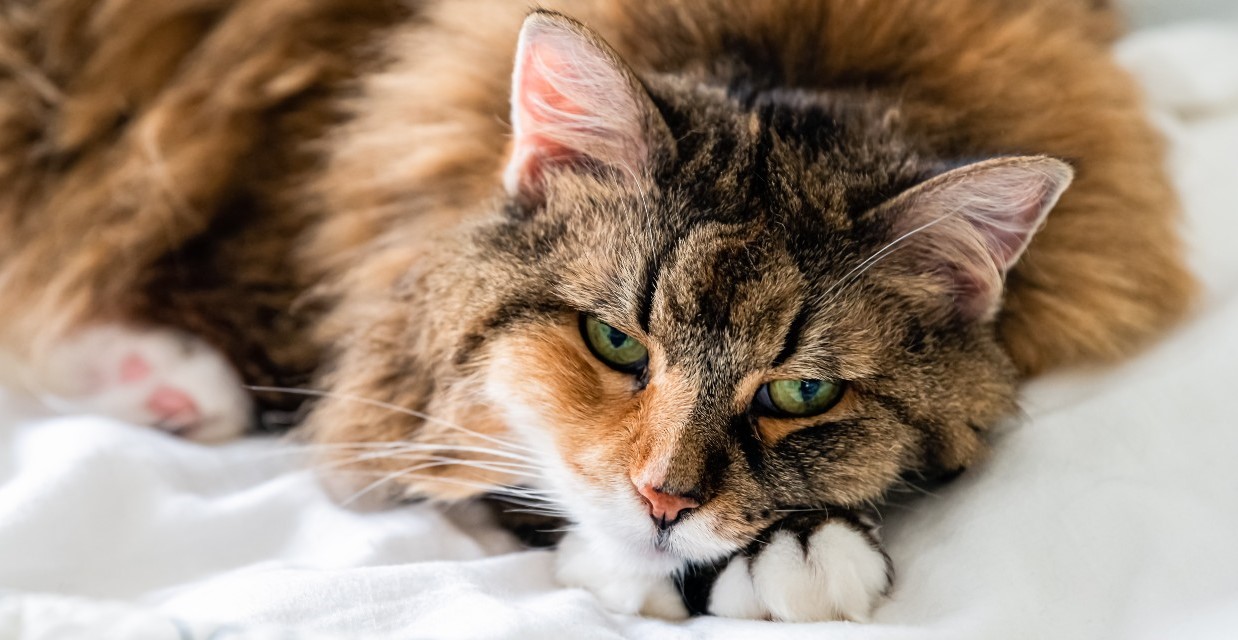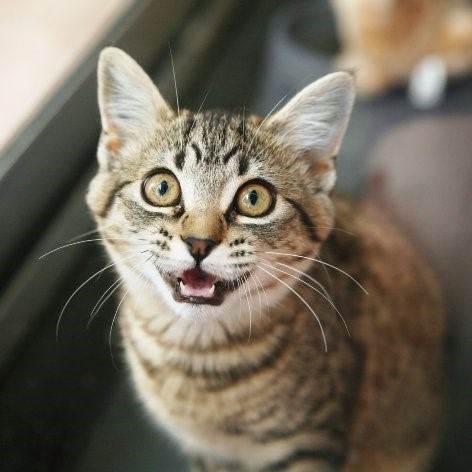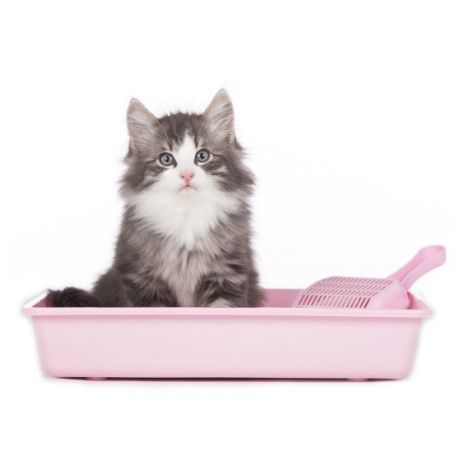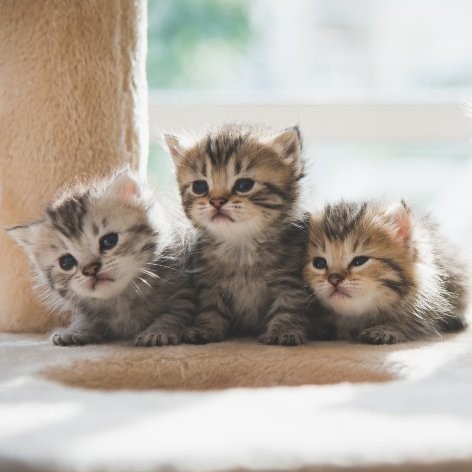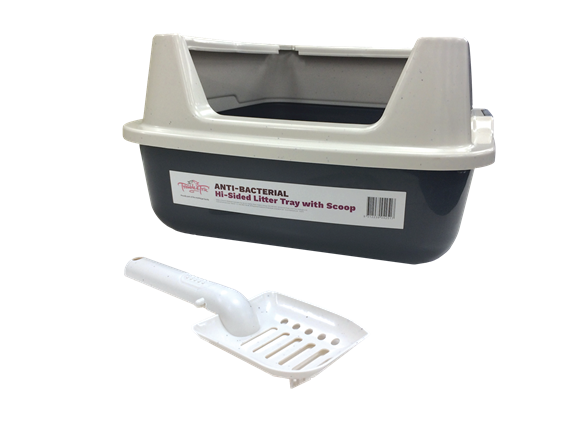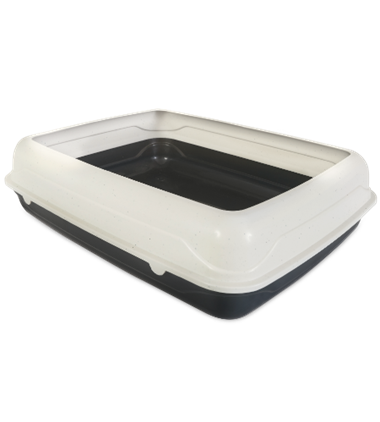Did know your kitty could get diabetes? If not, you’re not alone. The disease we thought was reserved for humans can affect your cat too. And while feline diabetes can cause blindness, muscle weakness, neuropathy, or even death if left untreated, the good news is that proper care can help your favourite feline maintain a good quality of life. Remission of the disease may also happen, albeit only in a small percentage of cats.
So what puts your kitty at risk of diabetes anyway? Some of the factors can include ageing, obesity, use of some medications, as well as plain old genetic predisposition.
There’re two types of cat diabetes:
1. In Type 1 diabetes mellitus in cats, their pancreas isn’t producing insulin at all due to autoimmune destruction of the responsible cells, making it difficult for their body to absorb blood sugar.
2. In Type 2 diabetes mellitus in cats, the insulin-secreting cells in the pancreas could still be partly functional, however the body is having trouble using the insulin (insulin resistance). This is also the most common type of diabetes seen in cats.
The function of insulin in cats is the same as insulin for us humans; it’s what helps your cats body break down sugars and create glucose, a type of sugar that can be absorbed by their body’s cells.
When a cat suffers from diabetes, their body is not able to break down and use the sugars they’ve eaten, causing it to stay in their bloodstream without being soaked up by the cells.
So when all of this sugar builds up in your cat’s bloodstream, their body tries to flush it out through their urine.
Symptoms of Diabetes in Cats
If you notice any of these symptoms in your cat then we’d suggest getting in touch with your vet
- Drinks more water than usual
- Urinates more frequently or has ‘accidents’ in the house
- Increase in appetite
- Weight loss
- Is less active and/or sleeps more
- Has thinning, dry and dull hair
When your vet checks for diabetes they may ask about the signs above, as well as looking at your cat’s overall health to rule out the possibility of other diseases. Blood tests and urine tests are usually required to detect the presence of glucose in their urine, measure the glucose level in their blood, as well as assessing the state of your cat’s overall health.
It’s perfectly natural if you’re feeling concerned about your cat, but the more you know about kitty diabetes, the better you will be able to work with your vet to manage your cat’s health.


